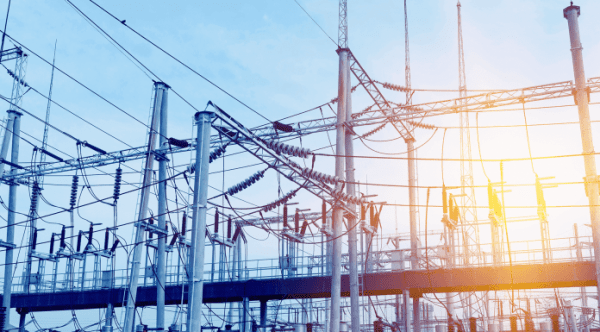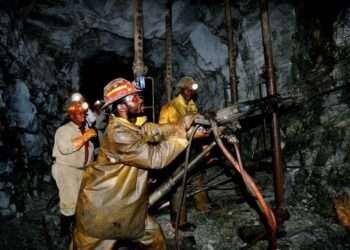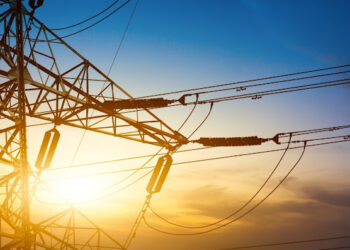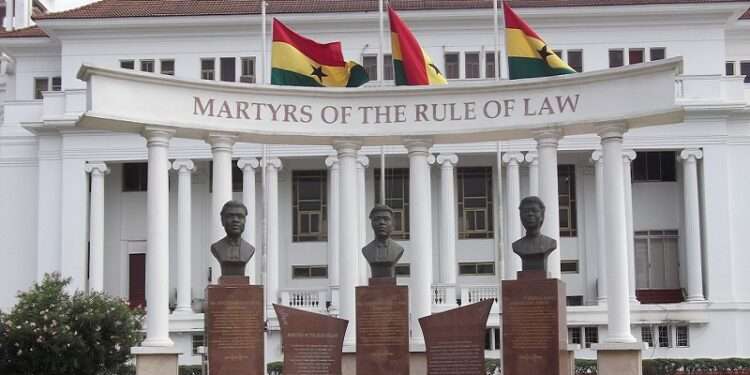In a transformative move aimed at revitalizing its economy, the government of Ghana is embarking on an ambitious plan to transition the nation into a 24-hour economy.
While the vision is commendable, its success hinges on the availability of a stable and continuous power supply, a prerequisite for sustainable economic development.
A reliable and uninterrupted power supply is crucial to the success of the 24-hour economy. However, Ghana’s energy sector has historically struggled with challenges such as power generation deficits, unreliable distribution networks, and financial constraints.
While various governments have made significant progress in addressing the erratic power supply that plagued the nation in the past, several hurdles remain.
The Minister of Energy and Green Transition, John Jinapor, has reassured Ghanaians that the government is fully committed to ensuring a stable power supply to support this initiative.
“We are also committed to investing in energy to make life stay on as a foundational pillar to power our policy of a 24-hour economy, which we are committed to achieving.”
John Jinapor, Minister for Energy and Green Transition
The concept of a 24-hour economy is not merely about extending business hours; it represents a paradigm shift in how economic activities are conducted. By enabling businesses to operate around the clock, the government aims to maximize productivity and efficiency across various sectors.
Hon. Jinapor emphasized that this initiative is a cornerstone of the government’s broader economic reset agenda, which is designed to address the challenges facing the nation and stimulate growth.
One of the key issues is insufficient generation capacity. Ghana’s power plants, though improved in recent years, still struggle to meet the growing demand from industries, businesses, and households.
With a 24-hour economy in place, this demand is expected to surge, necessitating additional investments in power generation.
Furthermore, transmission and distribution infrastructure require significant upgrades to minimize power losses and enhance efficiency.
The existing grid experiences technical losses, which lead to frequent power outages and disruptions. Without substantial investment in modernizing this infrastructure, the goal of a 24-hour economy may remain unattainable.
Additionally, financial constraints continue to pose a major challenge. The energy sector grapples with debts and liquidity issues, making it difficult to fund necessary upgrades and maintenance.
Many power providers face delayed payments, affecting their operational capabilities. The government must address these financial bottlenecks through sustainable policies and partnerships with private investors.
Energy Sustainability
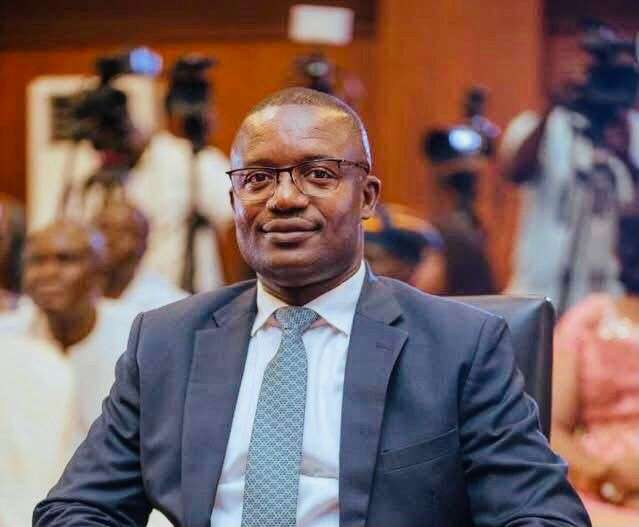
John Jinapor, Minister for Energy and Green Transition
To ensure the success of the 24-hour economy, the government has pledged to position Ghana as a leader in Africa’s energy transition.
Hon. Jinapor emphasized that Ghana is committed to embracing renewable and sustainable energy solutions to support the country’s long-term energy security.
“Under the leadership of His Excellency John Dramani Mahama, we are committed to embarking on the progressive path towards ensuring that we achieve renewable and sustainable energy, not just for Ghana, but for Ghana to serve as a reliable hub for the entire West African sub region.”
John Jinapor, Minister for Energy and Green Transition
Ghana has already taken steps towards renewable energy adoption. The government has invested in solar, wind, and hydropower projects to diversify its energy mix.
However, the integration of these renewable sources into the national grid must be well-executed to ensure stability and reliability.
Moreover, public-private partnerships (PPPs) will be essential in mobilizing resources for energy infrastructure development.
Encouraging investments from both local and foreign entities will help bridge the financial gap and accelerate the transition to a more sustainable energy framework.
Ghana’s plan to transition into a 24-hour economy represents a significant step towards sustainable economic development.
With a commitment to ensuring a stable power supply and a focus on renewable energy, the government is poised to create a thriving environment for businesses and citizens alike.
As the nation moves forward, it is crucial to remain vigilant and proactive in addressing the challenges that lie ahead, ensuring that the dream of a 24-hour economy becomes a reality for all Ghanaians.
If executed effectively, Ghana’s 24-hour economy could set a precedent for other African nations, demonstrating how a well-structured energy policy can drive economic transformation and sustainable development.
READ ALSO: Prez Mahama Nominates Johnson Asiamah as BoG Governor

